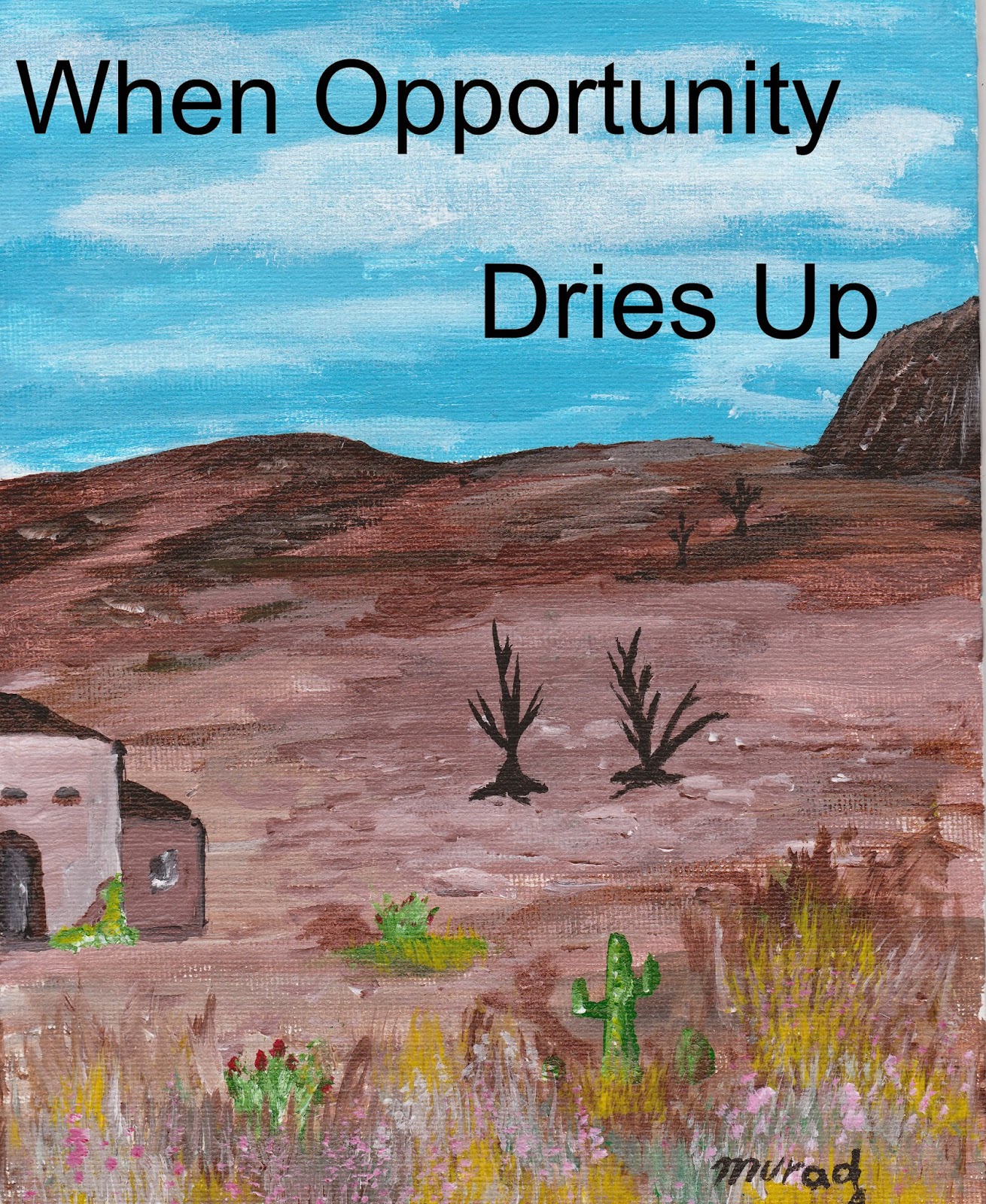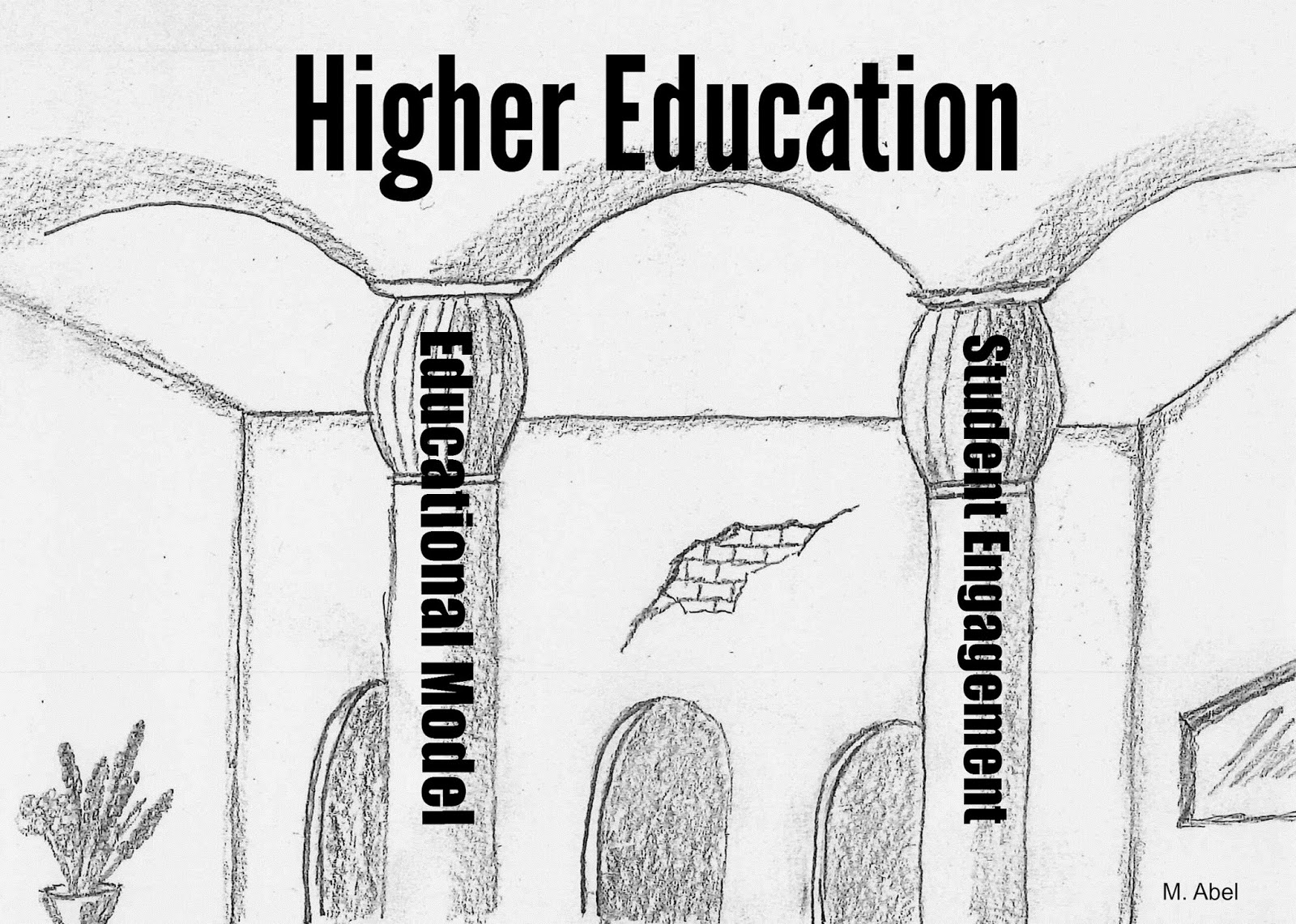Income inequality is a hot topic that is becoming
more troublesome every year as the gap in incomes continues to grow. Fed Chair Janet
Yellen discussed on October 17th the growing problem of income inequality and
its potential impact on the American Dream. She elaborated on how child
resources, higher education, entrepreneurship, and inheritance influence a
family’s ability to raise their position in life. Without ensuring that there
is sufficient mobility within society there are risks to the founding fabric of
opportunity within the country.
Those who are not wealthy are finding it difficult
to save money or pass that money onto future generations. At the same time, those
at the top of society are discovering that it is not only easier to earn more
money but also save that money for their children. Additional time without
change seems to aggravate the problem.
Janet Yellen discusses four possible solutions that
include early education intervention, affordable higher education, business
ownership, and inheritance income. Each
of these points has some influence on whether someone will be successful beyond
the natural variations in human skill and abilities. They provide some
formation of doable change but are not a complete solution in and of themselves.
When society invests in children they can give them
better opportunities to learn, obtain quality education, and then apply those
skills to the market to earn higher wages. Owning a business is seen as another
way of generating wealth outside the restricted compensation structures of
larger corporations. Helping families invest and pass on their savings to the
next generation is helpful for improving positions over time.
Pure wealth distribution whereby money is taxed or donated
by major corporations or wealthy individuals will not help society grow in the
long run. Contrary to popular opinion, it
may actually do the opposite by lowering the need to achieve and succeed based upon
one’s individual efforts and merits. It can damage empowerment and societal development
of skill and ability which is needed to compete as a nation.
Fundamental change runs deeper than simply improving
skills and ability in isolation and delves into the nature of how opportunity
is created and rewarded in society. By focusing on rewarding core competencies
and skills the effects of income inequality can be lessened (Cobb &
Stevens, 2014). Where individuals have made effort to learn new skills there
should be corresponding increases in income.
Income inequality causes the lowering of incentives
for citizens who desire to engage the economic system fully. Where cynicism
grows also grows perceptions that effort doesn’t equal reward. When lower
income classes of the nation experience lost opportunity their empowerment declines
as success is something outside of their control. A sense of fatalism takes over.
As income inequality grows social instability rises
as a larger demographic of the nation feels that their needs are not
considered, government doesn’t adequately represent them, and success is
something they will never obtain. A study of 33 democracies worldwide found
that income inequality and regime stability were inversely related (Muller,
1988). Income inequality raises the natural conflicts over resources while the
system itself becomes less stable as these classes rub against each other.
The rising influence of the U.S. as a powerhouse of
manufacturing, innovation, and technology offers opportunities to re-balance the
ship for smoother sailing ahead.
Encouraging Americans to become more skilled and educated is helpful in
developing home grown talent that keeps jobs within the country. Wages should
keep pace with improvements in abilities to ensure that the nation retains its position as
a nation of opportunity for the vast majority of people. Income inequality is
one sign that changes in how we govern and the very nature of politics and
commerce must adjust to ensure the continuance of egalitarian principles
the country was founded upon.
Cobb, A. & Flannery, S. (2014). Those unequal
states: corporate organization and income inequality within the U.S. Academy of Management and Annual Meeting
Proceedings, p381-389. DOI:
10.5465
Muler, E. (2014). Democracy, economic development,
and inequality. Democracy, economic development, and income inequality. American Sociological Review, 53.

